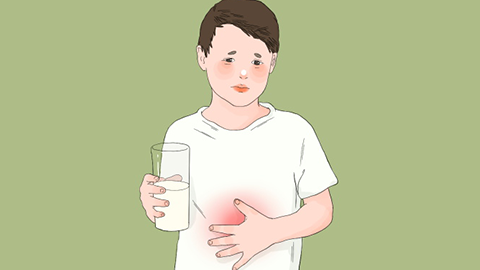Can gastric bleeding be cured?
Generally speaking, whether gastric bleeding can be cured depends on various factors such as the underlying cause, severity of the condition, and the timeliness of treatment. If experiencing any discomfort, prompt medical attention is recommended. Detailed analysis is as follows:

If gastric bleeding is caused by benign conditions such as acute gastritis or peptic ulcer disease, and the condition is mild with timely medical intervention during the early stage of bleeding, most patients can achieve rapid control of bleeding, gradual healing of gastric mucosa, and a good prognosis. With appropriate dietary management and follow-up examinations, the condition can usually be cured, and the recurrence rate is generally low.
If gastric bleeding is caused by severe underlying conditions such as gastric cancer or rupture of esophageal and gastric varices, the condition is critical. Delayed treatment leading to excessive blood loss and multiple organ damage significantly increases the difficulty of cure. Even if the bleeding is successfully controlled through emergency treatment, patients with gastric cancer require long-term anti-tumor therapy, while patients with varices are prone to recurrent bleeding due to underlying diseases, making complete cure difficult. Long-term disease management is necessary.
Once symptoms of gastric bleeding appear, food and fluid intake should be stopped immediately, and the patient should remain quiet and rest while seeking prompt medical attention to determine the cause. During treatment, medications should be taken strictly according to medical instructions, avoiding self-discontinuation or dosage adjustments. After the condition stabilizes, gradually resume a bland and easily digestible diet, avoiding spicy, hard, or excessively hot foods. Smoking and alcohol consumption should be avoided. Regular follow-up gastroscopies and relevant tests are necessary to monitor gastric recovery and implement long-term management of the underlying condition to reduce the risk of recurrence and disease progression.






